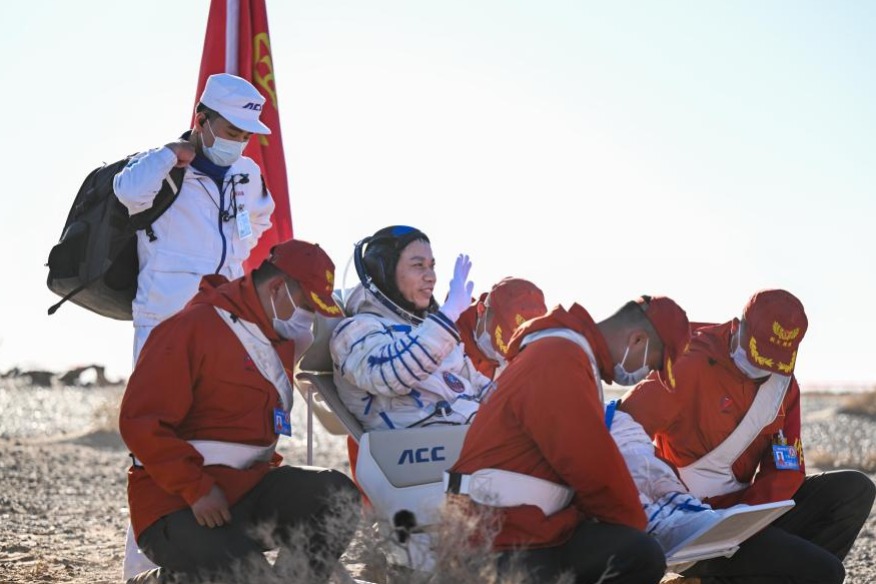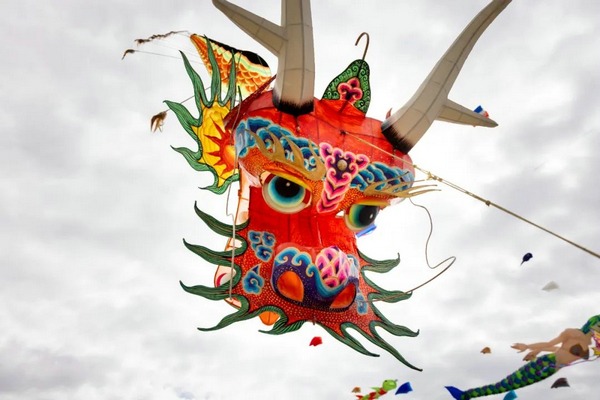Kenyan president commits to eliminating malaria from Africa
By Edith Mutethya in Nairobi, Kenya | chinadaily.com.cn | Updated: 2020-03-10 16:42

Kenya's President Uhuru Kenyatta expressed his commitment to eradicating malaria at a press conference on Monday. He was recently appointed chair of the African Leaders Malaria Alliance, a groundbreaking coalition of 49 African heads of state and government working to eliminate malaria by 2030.
"Although significant progress has been made in the battle against malaria over the past 10 years, in order to realize the Africa We Want as outlined in Agenda 2063, we must avoid complacency and secure additional resources to defeat malaria and save lives," Kenyatta said.
He announced four priorities for his two-year term to addresses major challenges in the battle against malaria.
The challenges include the insufficient engagement of women, children and youth, a lack of funding from the domestic, public and private sectors, as well as the threat of donor funding stagnating.
Kenyatta plans to ensure the creation of a digital platform to provide real-time access to malaria-related data at a country level to enhance disease prevention and elimination efforts.
Better access to data is expected to facilitate strategic decision-making and target resources to drive down malaria cases and deaths.
"This innovation will promote and leverage existing research and development, as well as the technology sector on the African continent," Kenyatta said.
"This will also enhance the sharing and expanded access to the Country Malaria Scorecards for Accountability and Action, allowing all citizens in all spheres of life and at all levels to be aware of their situation and empowered to act."
Another initiative is working with Africa's regional economic communities to engage heads of state and government to address key challenges and provide solutions in the fight against malaria.
This includes the use of innovative technology to introduce regional scorecards for review and action by heads of state and government, share lessons learned and best practices and create awards for excellence to recognize good performances at a regional level.
The president also plans to establish at least 15 new End Malaria Councils and Funds to boost high-level, multi-sectoral engagement and advocacy at a country level while increasing domestic resource mobilization.
He will also create a 'Malaria Youth Army', working with existing youth leaders across the African continent to champion youth engagement and resource commitments for malaria elimination.
The 'Malaria Youth Army' will promote innovation, research and development and create a cadre of malaria advocates and champions.
Amira El-Fadil, commissioner for Social Affairs for the African Union Commission, said President Kenyatta's priorities for African Leaders Malaria Alliance gained the immediate support of the African Union.
"We know that achieving these four priority areas will accelerate progress towards a malaria-free Africa," El-Fadil said.
Dr. Abdourahmane Diallo, CEO of the RBM Partnership to End Malaria, said leadership by African heads of state and government who keep malaria elimination on top of the political agenda is integral to ending the disease within a generation.
"I believe President Kenyatta's four priorities, driven by innovation and greater engagement of all stakeholders is the right approach. It also ensures new resources are available, and more communities are included in the growing zero malaria movement," Diallo said.
Malaria remains a significant challenge in Africa, with the continent accounting for 93 percent of global malaria cases and 94 percent of global malaria deaths, according to the World Health Organization.
In 2018, six African countries accounted for more than half of all malaria cases worldwide, including Nigeria at 25 percent, the Democratic Republic of the Congo at 12 percent, Uganda at 5 percent, and Côte d'Ivoire, Mozambique and Niger at 4 percent each.
























